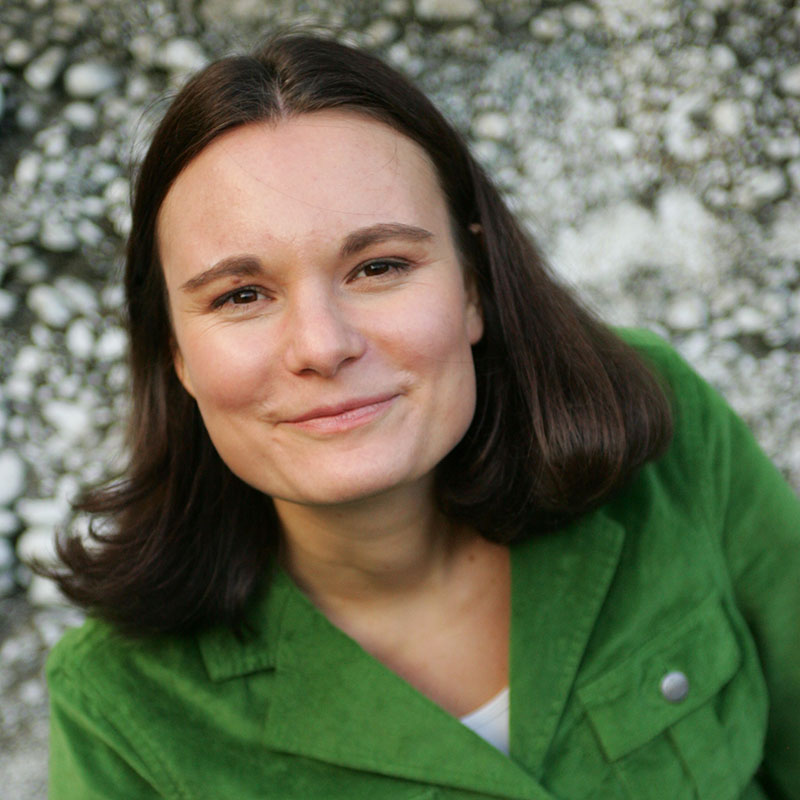Gabriele Eichmanns Maier Pens Groundbreaking Textbook

What better person to write a book on Germany and globalization than Gabriele Eichmanns Maier, associate teaching professor of German, who has lived and studied throughout the world in Germany, Denmark, Japan, and the United States.
The German native, who has been a member of the Department of Modern Languages since 2008, recently penned a textbook titled Deutschland im Zeitalter der Globalisierung (Germany in the Age of Globalization) for advanced learners of German. The book, which was released by Yale University Press on September 29, “is the first attempt within the realm of German Studies to offer a teaching aid on a phenomenon that has become a buzzword in the second decade of the twenty-first century and that is changing our immediate surroundings, as well as the world, in an unprecedented way.”
The book contains chapters such as “The Internationalization of our Culture” and “Globalization and the German Economy.” As a whole, it aims to reach beyond national borders to place Germany in a context where global factors shape and influence the country. By the same token, it shows how the decisions and happenings inside German borders are impacting other countries around the world. Texts, study questions, suggested activities, and vocabulary lists are included to help students improve their language skills while exploring this complex theme.
The topic of globalization, which has long interested Eichmanns Maier, is woven through her writing and teaching. At Carnegie Mellon, she teaches a course that shares a name with her textbook: Germany in the Age of Globalization. In her dissertation, which she’s in the process of turning into a book, she examined “the German notion of Heimat (home) and the impact globalization has had on this very German concept since the fall of the Berlin Wall.”
Through the textbook and in the classroom, Eichmanns Maier hopes to teach her students “how the global and local are interconnected.” She thinks it’s important to focus on this relationship since it can easily get lost in courses that center on a single language and culture.
“The textbook helps students to think more critically about the world, about Germany, and, with the help of many exercises, about their own culture,” Eichmanns Maier said. She added that it aims to make students “reconsider their own culture, [while] making them aware of foreign influences that we take for granted.”
“What does it mean to live in an age of globalization?” asked Eichmanns Maier. “This question lies at the heart of the book.”